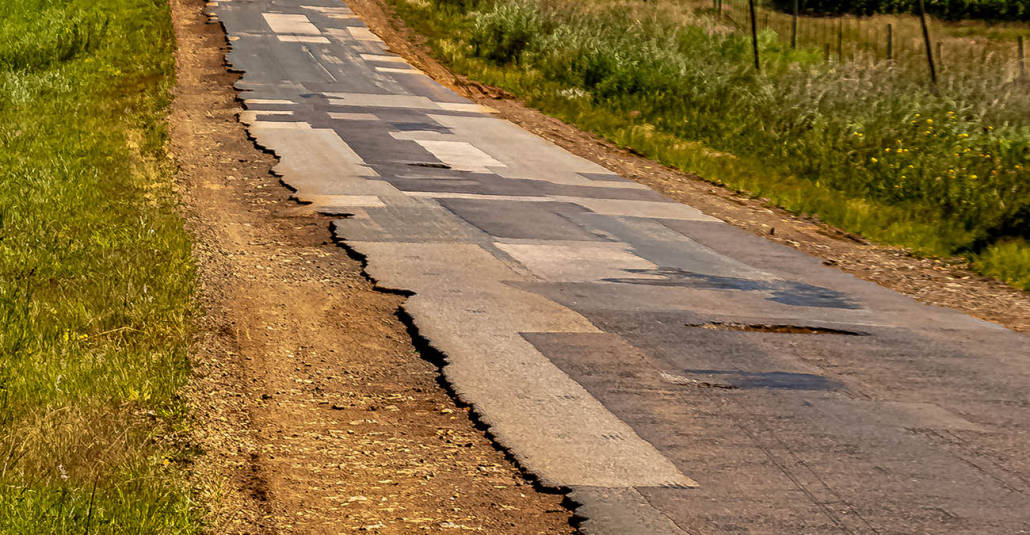Image: Edward Middleton, used under a Creative Commons Attribution-Share Alike 4.0 International license
Source: CoGTA
The Department of Co-operative Governance and Traditional Affairs (CoGTA) reiterates the call for active citizen participation in local government. To have a meaningful impact on how your municipality is run, you need to understand the processes involved. This guide explains the roles of some of the most important elements of local government.
What is a municipal council?
The councillors you elect form a municipal council. This is the body that makes the by-laws and decisions for local government and oversees the executive and administration.
A municipal council has a number of different responsibilities. These include making the laws and policies, providing financial oversight, planning the budget, and hiring the municipal manager. It is also responsible for ensuring that the municipal administration fulfils its duties to the community.
Executive powers of municipal council
The executive powers of local government are considerable and include the duty to:
- monitor the municipal administration and review the performance of all aspects of local government
- make recommendations to council
- oversee provision of services to the community
- report annually to council on the effect of community participation and consultation in local government (s. 44(3)(g)(h) of the Municipal Structures Act).
These powers are exercised either by a mayor or by an executive committee.
ALSO READ: Corruption Watch’s pocket guide to understanding local government
What is an executive committee?
Where a committee exercises executive powers, it elects a mayor to act as its chairperson, but the mayor does not have greater power than other members of the committee. Like municipal council meetings, the meetings should be open unless it can be shown to be reasonable to exclude the public due to the nature of the agenda (s. 20(2) of the Municipal Systems Act). The executive committee (or executive mayor) must submit a report and recommendation to municipal council before council decides to:
- pass a by-law,
- approve a budget,
- impose rates, taxes or other charges,
- take out loans,
- approve the integrated development plan,
- decide human resource issues such as the hiring and conditions of service of the municipal manager and heads of administrative departments.
What are council committees?
Each municipal council will appoint standing committees elected from among its members. Usually these include a finance committee; service committees such as water, sanitation, electricity; human resources; and development committees. The councillor responsible for each department of government is sometimes called the portfolio head. In the event that you have a problem with water service, you can make contact with the head of the water portfolio. Other important committees include the oversight committee and the ethics committee that deals with Code of Conduct matters.
What is the role of ward committees?
Ward committees are meant to encourage participation within the community. Their job is to make municipal council aware of the needs and concerns of residents and keep people informed of the activities of municipal council.
Ward committees are made up of a ward councillor and no more than ten people who are elected from the ward and who serve voluntarily for a five-year term. Your municipal council must make rules regarding the election of ward committee members, including how often meetings take place, and the dissolution of ward committees.
The ward councillor is responsible for organising meetings and setting the ward committee agendas (ss 72, 73, 77 of the Municipal Structures Act). If the ward councillor does not attend the meeting, the ward committee may set the agenda itself. The ward committee is an advisory body, meaning that it can make recommendations to municipal council, but does not have the power to make decisions on its own. Some municipalities pay ward committee members a stipend.
Your ward committee should be an effective way of spreading information concerning what your community wants from municipal council and what council is doing. Make it work.
Some wards have no committees and some committees are not active. Take back your ward committee and make it a true voice of the community by following these steps:
- Find out what your municipality’s policies or rules are for ward committees in terms of notice and agendas for meetings and report back. You can find these policies on your municipality’s website or by asking your local municipality.
- Find out whether your ward committee is effective in representing the community, in other words; Does it meet regularly? Do the ward councillors attend? Do they properly represent the issues to council? Do they report back?
- If your ward committee is not functioning effectively, report the matter to the chief whip, the mayor, or the speaker. You can also file a petition to the municipal council asking for it to take action.
- Get involved, attend meetings, insist that the committee debate important issues of concern to the community, and stand in the next elections to become a member. Demand that your ward committee is representative of your community.
For more information on how you can be an active citizen you can contact:
| Ms Boitumelo Diale Chief Director: Citizen Engagement Tel: 012 334 0721 E-mail: BoitumeloD@cogta.gov.za | Ms Coretta Makhaza Director: Citizen Engagement Tel: 012 336 4963 E-mail: CorettaM@cogta.gov.za |
